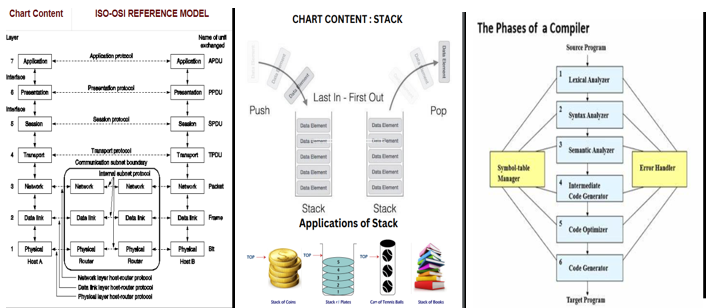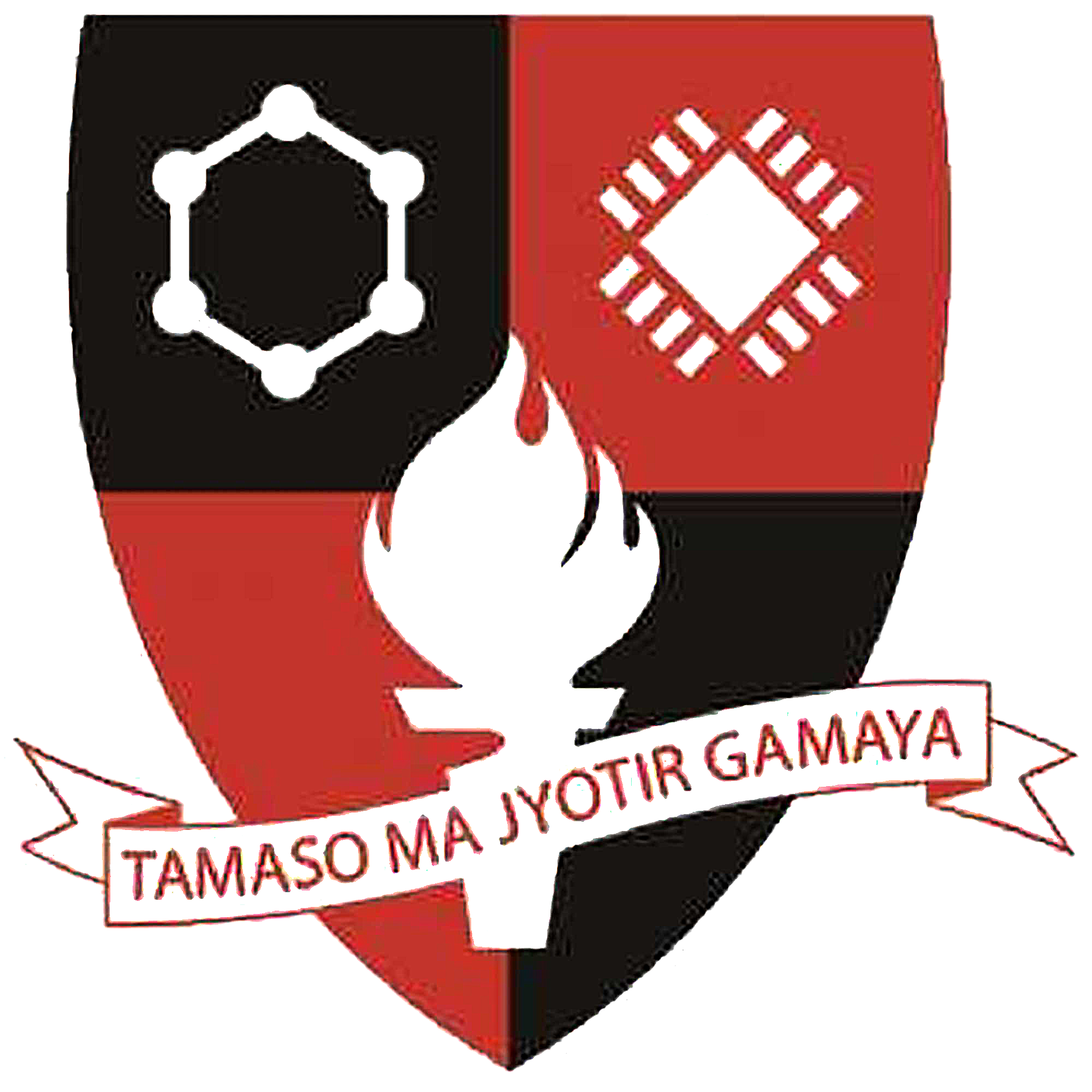Department : Computer Science and Engineering - Data Science : Teaching Learning
Innovative Teaching Strategies
Various innovative teaching strategies have been implemented by the faculty members in addition to the conventional classroom teaching. These strategies are summarized under the following five sections:
1. Innovations in Method/Delivery of Instructions
- Course Plan
- Assignment & Tutorial
- Smart board and ICT based classes / Lectures
- Laboratory manuals for laboratory courses
- Presentation and project guidelines for seminar and project courses
- Hands-on delivery (theory classes handled in laboratories)
These instructional methods are published at the beginning of each semester as per the Standard Operating Procedure (SOP) for Teaching and Learning Process.
The college calendar is prepared based on the university calendar for each semester and covers 15 weeks of planned activities.
2. Innovative Instructional Methods
- Visualization using ICT-enabled classrooms with LCD projectors
- Use of PowerPoint, PDFs, Word documents, and video lectures (e.g., NPTEL)
- Encouraging students to take MOOC and NPTEL courses
- Google Classroom for streamlined content sharing
- Semester-end revision timetable for needy students
- Model question papers and answer keys for slow learners
- Field trips and industrial visits for experiential learning
| Smart Classroom (ICT) | Whiteboard Teaching |
|---|---|
 |
|
3. Innovations in Assessment and Evaluation
- Two internal assessment tests per semester; COs evaluated based on internal marks
- Program Assessment Committee reviews question papers for quality
- Question paper and answer key published immediately after exam
- Incorporation of NPTEL/SWAYAM questions in assignments
- Assignment and test evaluations are published on time as per SOP
4. Inclusive Classroom Activities
- Hands-on Learning: Develops critical thinking, motivation, and confidence through project-based activities
- Video Lectures
- Chart Diagrams: Helps in quick recall during exams
- Peer Teaching: Teamwork between fast and slow learners; student-led mini-lectures
| Summary in Chart Diagram |
|---|
 |
5. Skill Development Activities
Learning beyond curriculum enhances student knowledge and interest. Industry experts are involved in these skill-building activities, which include:
- Expert Talks
- Industrial Visits
- Internships
1. Expert Talk
Experts from industry or academia share insights, experiences, and knowledge beyond regular coursework, motivating and enriching student understanding.
2. Industrial Visit
These visits familiarize students with industrial operations and bridge the gap between theory and practice. Notable visits include: FAB Lab, VSSC, Srishti Innovative, Dr. Kalam Smrithi Museum, Sniqsys, UST Global, HAL, and Vishveswarayya Museum.
3. Internship
Internships offer real-world exposure, allowing students to apply theoretical knowledge to industry tasks. Typically initiated in May, internships develop practical skills and improve employability.
| Internship on Python and Data science |
|---|
 |


